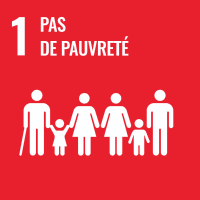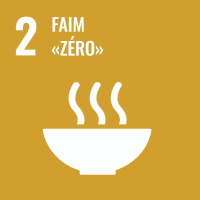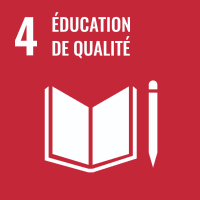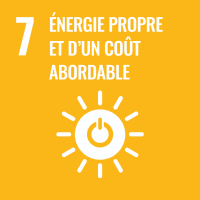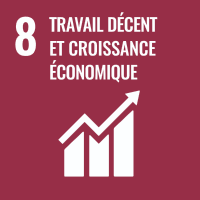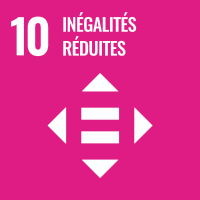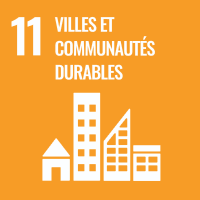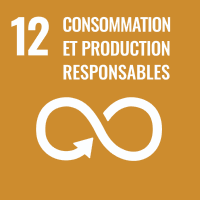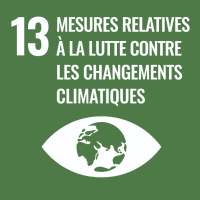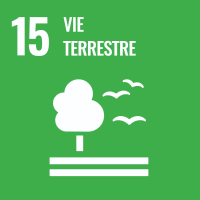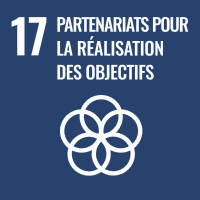Embu - Kenya
Agroforestry
In the heart of the protected forest of Mount Kenya, Maison Hennessy, Reforest'Action and their local partner Trees for Kenya have joined forces to finance and implement a reforestation project with a triple goal.




As a result of population growth, crop expansion, and deforestation to produce charcoal, Kenya has just 7% forest cover, compared with 18% in the early 1960s. Massive deforestation has a major impact on local populations: over 300,000 members of various ethnic groups, such as the Kikuyu and Maasai, depend on Mount Kenya's forests and its resources, such as fruit, medicinal plants, and water, for their daily livelihoods. In recent years, droughts have become more frequent, partly as a result of deforestation in the region. In this rapidly changing socio-climatic context, the project led by the local association Trees for Kenya focuses on restoring Mount Kenya's natural ecosystem and improving the food security of the people who live in this area.

The project is divided into several activities. The first part of the project aims at developing community nurseries and planting a wide range of native tree species in order to restore 60 hectares of degraded forest land, which, although protected, is unable to regenerate on its own. Local people have a direct impact on the preservation of Mount Kenya's forest by protecting and nurturing the planted tree and overseeing the production of seedlings in the nurseries. The second part of the project aims to install agroforestry systems within the tea, coffee, macadamia, maize, bean, sweet potato, and banana crops that cover the lower slopes of Mount Kenya. Grey oaks and pink cedars will be planted in the fields to create a protective canopy for the crops and enrich the soil by fixing nitrogen. Agroforestry helps local communities restore their farmland and improve their socio-economic conditions. In fact, the fruit species will provide fruit resources, either consumed directly by the local population or sold on local markets to generate additional income. Local populations will also be able to use the trees for firewood while preserving the native forest. Throughout the project, the NGO Trees for Kenya trains local producers in the usefulness of agroforestry systems and their maintenance. The third part of the project involves the planting of trees within local schools with the aim of raising awareness among the younger generation about the need to take better care of their environment. Each pupil is allocated a certain number of trees, for which they are responsible until they leave school. The trees planted are managed by schoolchildren, who water them and weed them twice a year to ensure they grow in optimum conditions. In addition to raising awareness among the younger generation, local communities are also made aware of the importance of preserving forests and reporting any illegal activity within them.


The Mount Kenya forest underwent massive deforestation between the 1960s and the 1990s. That's why the Kenyan government is now encouraging NGOs and local communities to restore the forest by planting indigenous trees. The NGO Trees For Kenya has been working in the Mount Kenya region since 2012, in partnership with the Kenya Forest Service, which is in charge of protecting the country's natural forests. Since then, Trees For Kenya has planted over 350,000 trees, sourced from local nurseries, within the Mount Kenya forest.
